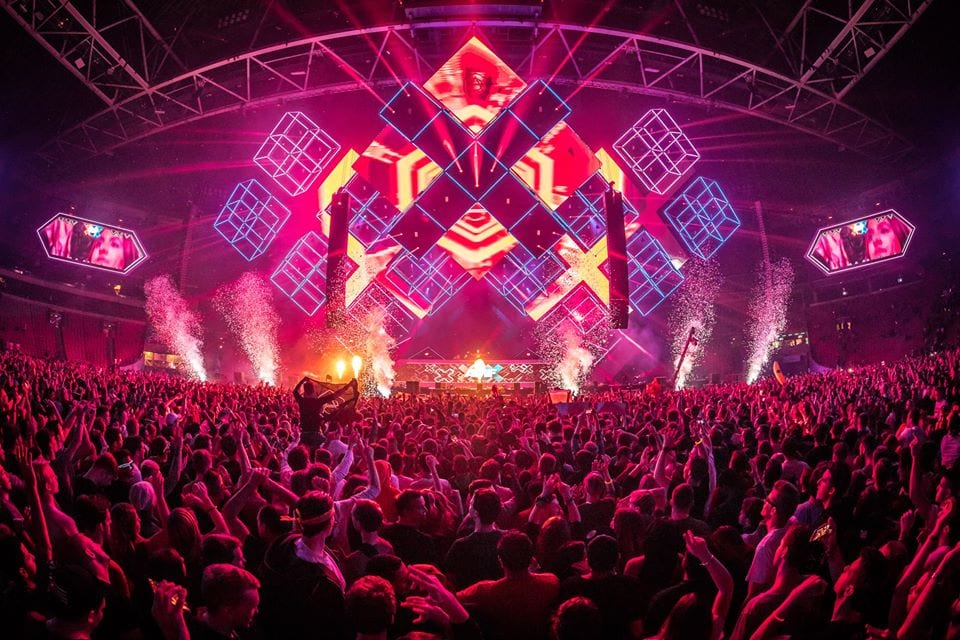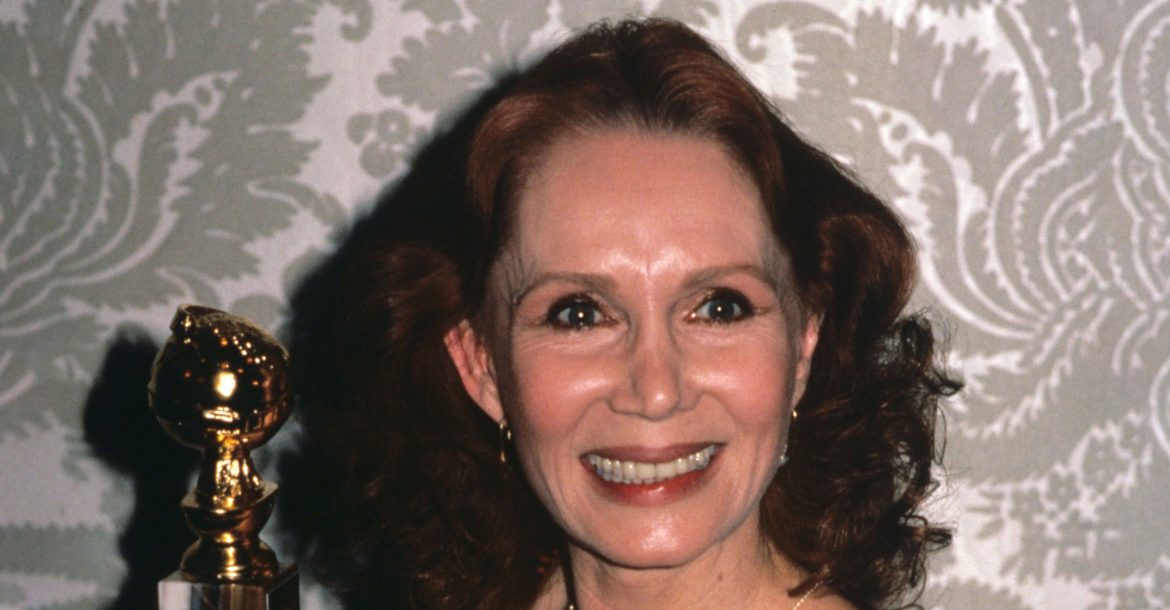

Slower pace: DOA can seem a bit twitchy at times, Tekken has a better flow to combat. Better developed characters (the fighters I mean, I'd take Hworang over Rig any day). Tekken is awesome, don't get me wrong, but I love DOA against friends because of those mind games. You use this advantage to head into a combo for damage.īetween two casual players of the game, this is quite fun since you can easily play mind games with your opponent. When I say rock, paper, scissors, I mean, attacks beat throws, throws beat holds, and holds beat attacks - holds being counter attacks. Tekken does many of the same things - but Tekken's always been more about combo opportunity than anything else. I don't mean to say that in a bad way - but that's the core of the experience.

What came before it wasn't all that great overall, and the first in the trilogy, even with a few sweet near X-rated touches of physical and psychological disturbance, doesn't amount to one of Miike's finest triumphs, I wouldn't of traded seeing the last three minutes of the film (final shot included) for anything. It's a good sign of things to come at the end, with the two big stars of V Cinema duking it out as if it's the old West again and the sheriff and outlaw have nothing to lose except for their 'special surprises' up their sleeves at the last bloody gunned down moment.
#DEAD OR ALIVE 6 DRAMA FULL#
Here Miike finally puts his 'wild-man of cinema' gears to full throttle, and it's exciting (as mentioned in trashy, violent, exploitive action-movie ways), ridiculous, and in the end jaw-droppingly funny. But his allegiance to the law gets put aside, and the "final scene" comes to a head. The fates grow darker for the detective character, who really was just looking for money somehow for an operation for his daughter. It's when Miike finally gets into that last third, with that wildly bloody shoot out- including both hilarious flights of fancy (a thug who was hiding comes out with a sword and goes ape-s*** all over one of the thugs) and the tragic (a character who was a surprise to show up gets killed). So it's actually Miike still experimenting, though it's not a totally fulfilling trip in part because the conventions start to dull up in the middle. An example of this is the fate of a character's brother, who betrays by taking money not really his and tries to talk his way out of it. Actually, seeing Miike in more genre-familiar territory isn't a bad thing, and sometimes a scene will come up that's meant to play seriously, and does, where in a lesser director would go for the cheap bits with lesser actors. As the story goes into gear, however, this montage usage disappears, and Miike gravitates back into what one recognizes readily from his other films- fairly long takes and deep focus, and outbursts of insanely creative bits of trashy fun (highlights here include a woman who dies via pool of feces, which is actually really sick, a bit involving bestiality out of the blue, and a gigantic shoot-em-up Chinese vs Japanese battle where Ryuuichi and his gang kill both clans in one swift stroke). It gives the impression, which is both wrong and right with D.O.A., that it'll be a totally knock-your-socks-off work of gonzo film-making, where aberrant sex, brutal violence, drugs, and gangsters will always be lurking in the night (most disturbing is with the scene in the public bathroom, and then following it with the guy on the wheel-spinner being controlled by a guy on a bike). The way he starts to film is truly and unequivocally disorienting- I had to watch it twice just to sort of, kind of get a sense of what the hell I was watching. Then again, for Miike he uses a lot of this to spring-board his own visual ideas and real tricks with the material. I felt like I could've seen some of this in any given yakuza thriller, albeit my lack of experience with the genre of "V-Cinema" in the 90s or yakuza thrillers in general. It's just that with certain elements, like the two main characters: the detective Jojima (Sho Aikawa) who's the decent, hard-nosed sort with the wife and daughter and Ryuuichi (Riki Takeuchi), who has the face like one of those really crazy villain character actors in 40s film-noir, who wants to take over the mob in the area, by any means necessary.

#DEAD OR ALIVE 6 DRAMA MOVIE#
It's definitely not that one can't see Miike's mark all over the picture, as it certainly isn't your grandfather's yakuza/crime movie (matter of fact not even John Woo). 'Healthy' is a word I tried to put into context with the film after seeing it, and I'm still not sure how it applies, except maybe in the sense of Miike sticking to a good deal of conventions this time around. On the DVD for Dead or Alive, the first in the trilogy, director Takashi Miike is asked how he would describe the movie to someone who had no idea what it was about, and he describes it as an "enjoyable, healthy Yakuza movie".


 0 kommentar(er)
0 kommentar(er)
